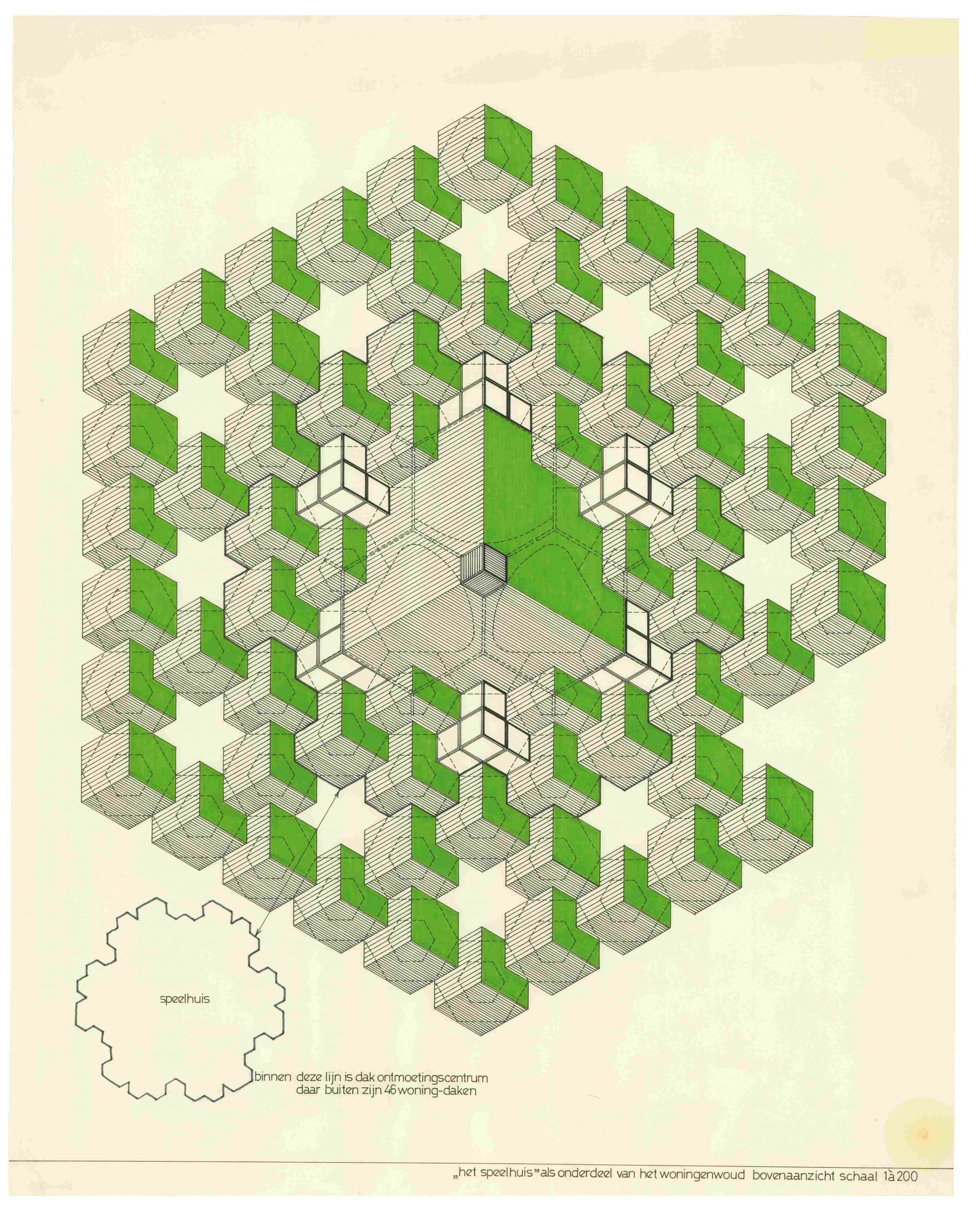
How should humanists make use of social scientific methods? This question’s importance has been magnified by the ascendance of the digital humanities, and specifically by the computational analysis of large numbers of texts. In this course, we will consider the conceptual foundations of macroanalysis by returning to one of the defining methods of the linguistic turn of the 1960s: formal analysis. Specifically, we will turn to The Order of Things in order to understand how Michel Foucault’s archaeology adapted and modified some of the key analytic concepts of history, linguistics, analytic philosophy, and the history of science. This background will prepare us to understand current uses of macroanalysis in the digital humanities, and to evaluate whether or not they live up to the foundational promises of the humanities and social sciences. We will conclude by considering how formal and machine methods help us understand anew the capabilities of interpretation, aesthetic perception, and historical intuition. Readings by: Bachelard, de Bolla, Chomsky, Arnold Davidson, Foucault, Geertz, Ginzburg, Hayles, Moretti, and others.